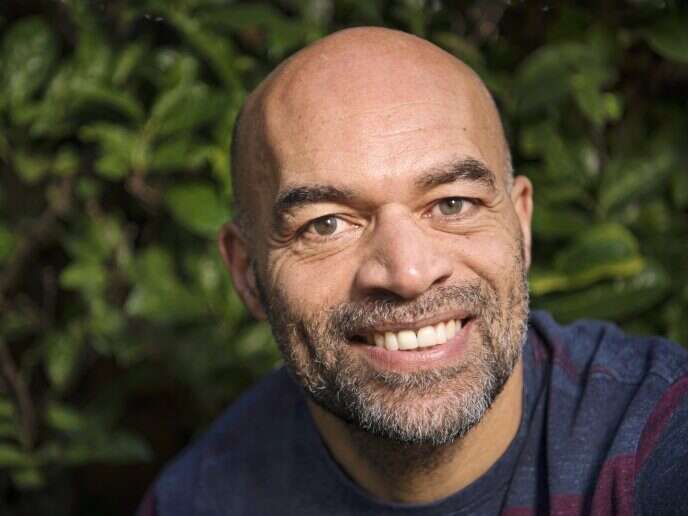
The Guardian has appointed deputy opinion editor and columnist Joseph Harker as its new senior executive for diversity and development.
Joseph Harker’s role has been created as part of its race action plan, which was adopted in September last year and commits the organisation to a range of steps intended to make it “a more diverse and inclusive employer”.
Harker’s remit includes working on improving the diversity of both the Guardian’s editorial staff and its coverage, which will mean looking at areas such as recruitment and training and ensuring the newsroom follows the initiatives set out in its various diversity action plans.
Harker, who before joining the Guardian in 1992 was an editor and publisher of weekly newspaper Black Briton, is “an editor with excellent judgement and deep experience of these issues in the news industry over many years”, according to Guardian editor-in-chief Katharine Viner.
“The new role will allow us to make significant progress in attracting and representing new voices – covering Britain and the world through the eyes of people with a wide variety of perspectives and life experiences”, she said.
Harker (pictured) started in the role on a part-time basis last week and will take it on full-time in November.
He told Press Gazette his priority would be to meet with senior leaders at the paper and ask “where they see that action needs to be taken”. In some parts of the business, he said, diversity might be about race — but in others, gender or disability.
“People talk about this in terms of diversity and far less about inclusion”, Harker said. “I want to go beyond the numbers to actually make sure all people from all backgrounds feel at ease here.”
As well as the creation of Harker’s role, the Guardian’s race action plan stipulates that the publication should improve representation throughout the organisation, reduce its ethnicity pay gap and publish these figures each year, and double the number of paid non-editorial internships “to help talented young people from under-represented communities gain experience in the media sector”.
In March this year, Harker wrote in the Guardian that the statement from the Society of Editors claiming the UK press “is most certainly not racist” will be “news to many people of colour in the UK”.
He added: “…there’s plenty of evidence of the crude kind of racism within the British press: from the conflation of Asians with terrorism or grooming gangs, to the association of Black boys with gang violence.”
Harker concluded: “One thing this whole episode shows is that for some British editors, box-ticking is fine… don’t expect any serious challenge to racism in the newsrooms anytime soon.” Harker later met with new Society of Editors executive director Dawn Alford to discuss the issues.
He told Press Gazette that he felt The Guardian was ahead of its peers in dealing with racism and that this comment had not referred to his employer.
“I think we’ve been challenging racism at The Guardian for several years now,” he said. His appointment, Harker added, would take the title’s approach to diversity “to the next level”.
When expressing his pessimism over racism in newsrooms, he said: “I was talking about the national press as a whole.”
“I’m seeing some of the conversations [at other publications] happening now that happened at The Guardian back when the Macpherson report came out,” Harker said, referring to the 1999 inquiry into the racially motivated murder of black teenager Stephen Lawrence.
[Read more: Former Daily Mail lawyer reveals how he justified convicting five suspects of murder on the front page]
The Guardian is the latest outlet to appoint a dedicated leadership figure tasked with improving diversity and inclusion. In October 2019, the BBC announced broadcaster June Sarpong as the corporation’s new director of creative diversity, who it said would “ensure that our content reflects the public we serve.”
In September the same year, Reuters appointed Joyce Adeluwoye-Adams as its newsroom diversity editor, and in March 2021 the Financial Times named Veronica Kan-Dapaah as head of newsroom diversity and executive editor.
Reuters editor-in-chief Alessandra Galloni told an audience last week at the Journalism & Women Symposium that the media needs to “reflect the diversity of the world outside, otherwise we are not credible”.
Similarly, Harker told Press Gazette: “Diversity and difference do actually improve the organisation – diversity is strength, and not something that needs to be beaten out of them,” he said.
“Whoever you are, your experience gives you something unique to offer.”
Picture: The Guardian
Email pged@pressgazette.co.uk to point out mistakes, provide story tips or send in a letter for publication on our "Letters Page" blog
